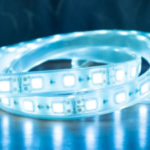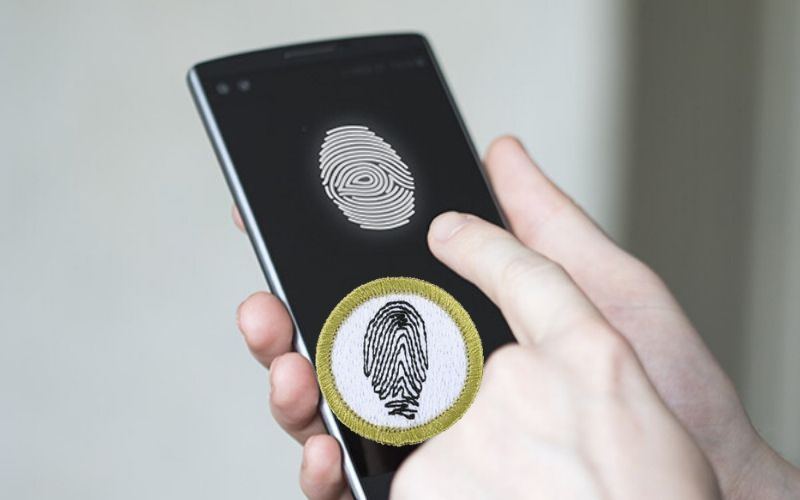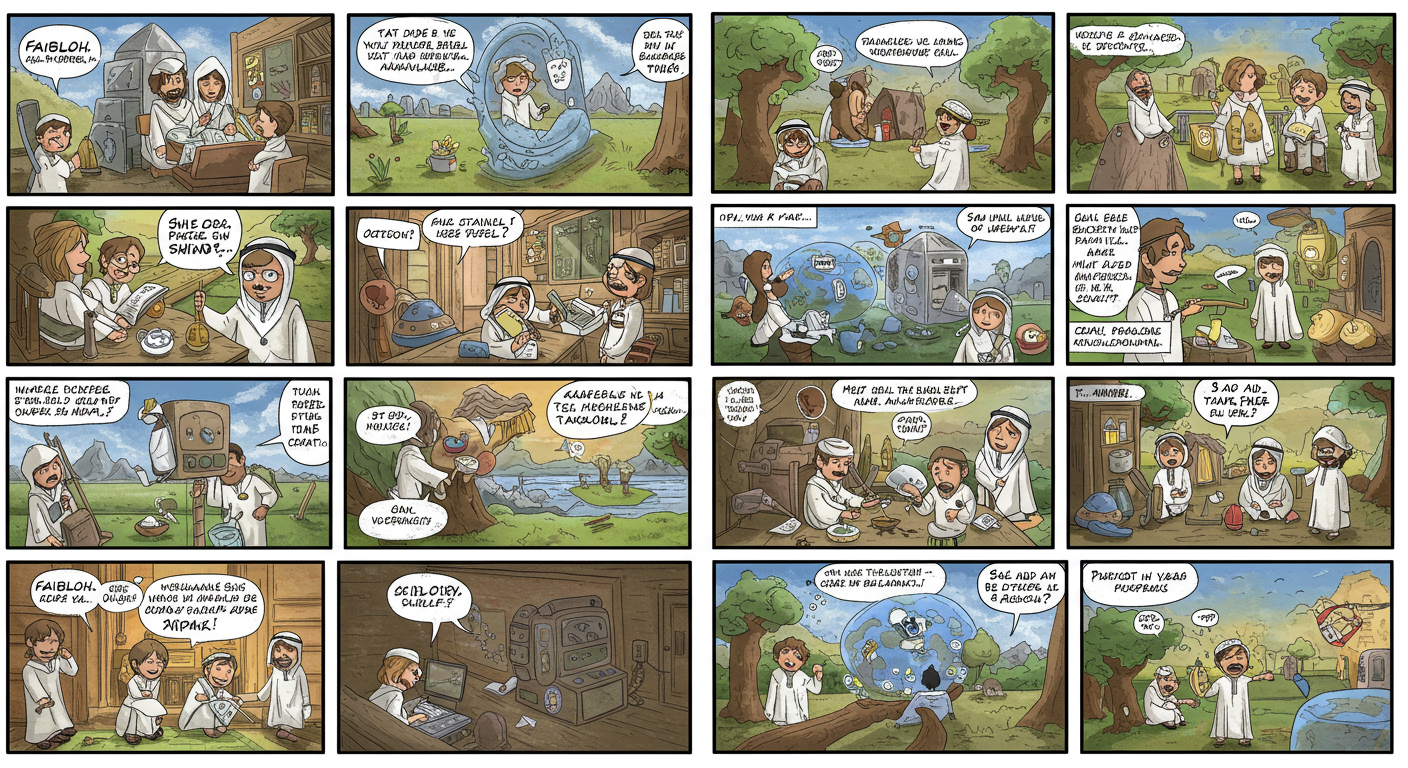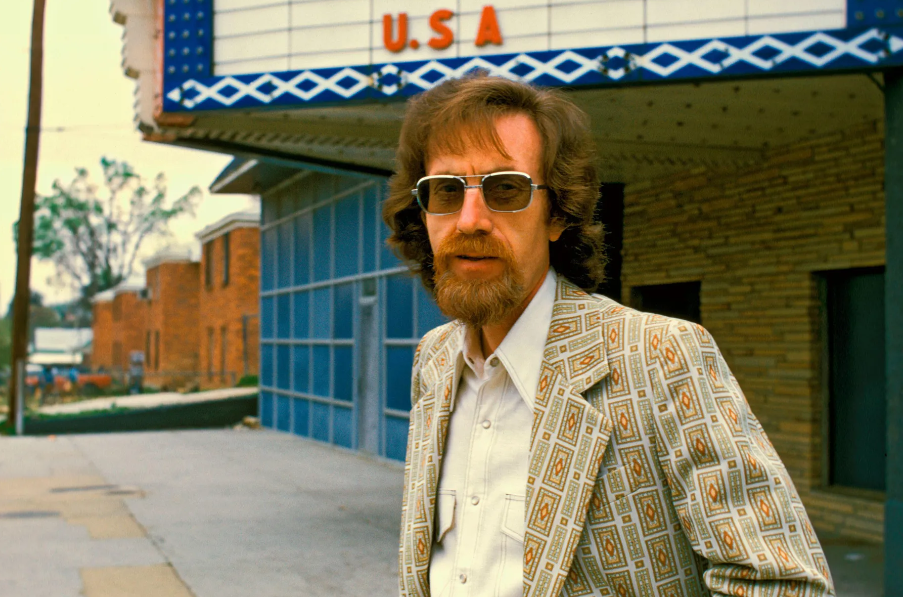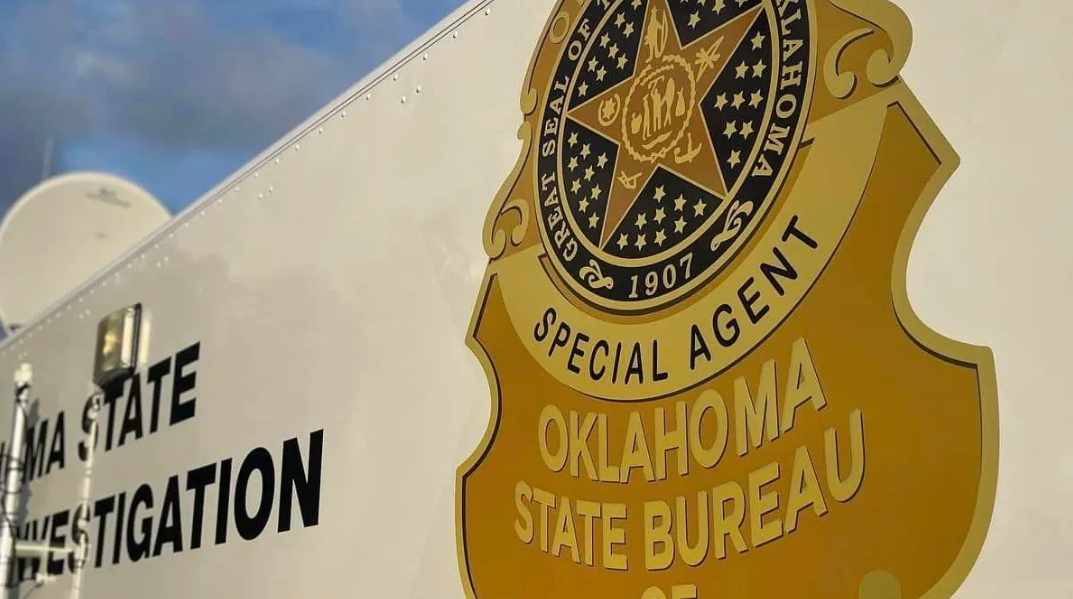During my law enforcement career I have always enjoyed and respected the attention and fascination kids seem to have toward law enforcement officers. I have never taken this “stardom” lightly and tried at every opportunity to return the attention and to interact. Kids seem to appreciate these efforts and I feel that a trust and bond is being built between future citizens and by the example I set for those who will follow in my shoes. I share the following true story with the hopes that the reader will gain some insight or at least give some thought as to their interaction with children.
As a police captain I was attending a community relations function at one of our local elementary schools. Several of the officers under my command were there to meet and interact with the kids. The area in which the school was located was near several public housing developments and a good number of the kids were from one of these development. My experience had taught me that these kids were a little afraid and skeptical of uniformed police officers. Understanding how young kids might feel about police officers and wanting to change the negative perception, I would always advocate things to bring about a change. When dealing with kids, such thing as getting down to the child’s level, face to face, smiling, being friendly and approachable are techniques which are tried and true and work well.
During this particular event I noticed one of my young officers interacting with a young boy. From appearances, the officer seemed to be doing well with the child but then things went bad. During the interaction the little boy reached out and touched the officer’s badge. In reaction, the officer jerked away from the child, brought himself back to a full standing position admonishing the child for touching his shining badge. Seeing this, my immediate emotion was one of anger, however I knew better than to react at that time; however react I most definitely would.
What had just occurred was a big deal, not only to me but for that little boy. First, in all probability it had reinforced any negative thoughts that this child might have had about police officers. It had destroyed whatever degree of trust the officer might have built with this child. Secondly, that young officer failed to realize what it took for that young boy to feel comfortable enough to reach out and touch that badge. The officer had obviously made some headway in making the child feel comfortable enough to touch the badge; then he abruptly destroyed that progress. In a very real sense that small fingerprint on the badge was a symbol of honor yet the officer failed to realize that. This was going to be a learning moment, a golden learning opportunity for a young law enforcement officer; one much too important to pass over.
Once the event ended and I collected my thoughts, I called the officer and had him meet me at a nearby coffee shop. Over a cup of coffee I began to critique the incident which had occurred at the school. To my surprise, the incident had not registered with this officer as anything approaching significant; I had to detail with him what I had observed. The officer was generally concerned with the appearance of his uniform and a fingerprint left on his badge. He had totally missed both the importance of our purpose at the school and what effect his reaction had on the child.
My approach to having this officer to understand was to get him to see things as the child saw them. We talked about police responses to the child’s neighborhood and what little eyes might interpret and the impression left with the child. We talked about how and why a child might develop a skepticism or fear of police. We talked about the importance of changing attitudes of children so they would not grow into adults disliking police. We talked about the importance of community support now and in the future on how we do our job.
I asked this young officer to tell me some of the things he recalled about police officers from when he was a young child. He had no shortage of things to tell that he remembered both good and bad. He told of a time when a deputy came to visit his 5th grade class and how the class went outside to the playground where the deputy displayed his patrol car, letting him and others sit behind the wheel and operate the lights and siren. He recalled trying on the deputy’s large brown hat and seeing all of the equipment in the trunk of the car. When he finished, I reminded him of how well and detailed he recalled his encounters and how the little boy at school would long remember his encounter today.
It was just then when the “bell rang” as to what he had done. “Captain I screwed up an opportunity I had to create a positive impression with that child.” I concurred and advised him he could have handled it better then commended him for his actions up to the point of the badge touching. He obviously did something right to make the child want to touch the badge. I commended him for wanting to keep his uniform appearance pristine while reminding him of the saying that “all that glitters is not gold”
The message I intended the officer to carry away from this learning moment is this: The badge that you wear is a symbol of the authority granted you by the people you serve. You have the authority to enforce laws, detain and arrest, use force, etc. What a powerful ornament! A child’s fingerprint on that symbol is a worthy endorsement of what you do and of your chosen profession.
For many years to follow that officer would always greet me with “Captain, I’ve got fingerprints on my badge.” Lesson learned!





